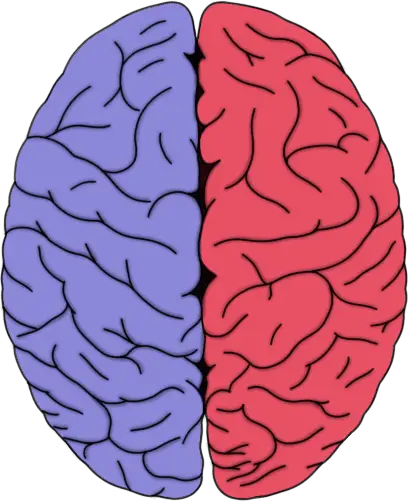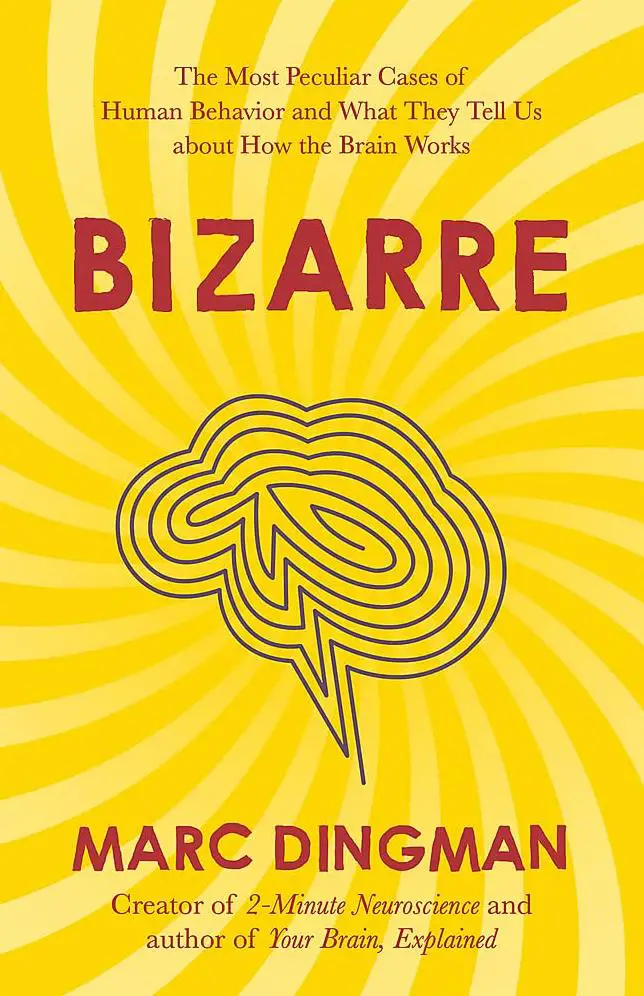Why do I procrastinate? I'll figure it out later

If you are a chronic procrastinator, you're not alone. Habitual procrastination plagues around 15-20% of adults and 50% of college students. For a chronic procrastinator, repeated failure to efficiently complete important tasks can lead to lower feelings of self-worth. In certain contexts, it can also result in very tangible penalties. For example, a survey in 2002 found that around 40% of American tax-payers procrastinated on their taxes, resulting in errors due to rushed filing that cost an average of $400 per procrastinator. More importantly, we tend to procrastinate when it comes to medical care (both preventive and therapeutic), which can involve very real costs to our well-being.
Why is the urge to procrastinate so strong? It sometimes seems that we are compelled to procrastinate by a force that is disproportionate to the small reward we may get from putting off a task we're not looking forward to. According to Gustavson et al., the authors of a study published last week in Psychological Science, a predisposition to procrastinate may have its roots in our genes.
Previous research has suggested a potential link between a tendency to procrastinate and an impulsive nature. Gustavson et al. explored this possible connection by observing the traits of procrastination and impulsivity in a group of 181 identical and 166 fraternal twins. Because identical twins share 100% of their genes and fraternal twins only share around 50% of their genes, if a trait is shared by identical twins more frequently than it is by fraternal twins, it suggests the trait has a significant genetic basis (for more on twin studies see this post).
The investigators reported a significant correlation between procrastination and impulsivity (r = .65). The group also reported that their genetic model determined that procrastination and impulsivity were perfectly correlated (r = 1.0), suggesting that the genetic influences on procrastination and impulsivity might be completely shared. In other words, according to this study, there are no genetic influences on procrastination that aren't also affecting impulsivity.
But why would these two traits be associated with one another? Procrastination involves putting things off, while impulsivity involves doing them on a whim. Gustavson et al. suggest that both procrastination and impulsivity involve a failure in goal management and a deficit in the ability to guide behavior effectively using goals. The authors refer to a hypothesis proposed by procrastination researcher Piers Steel that suggests impulsivity may have been adaptive to our ancient ancestors when survival depended more on thinking and acting quickly. In today's much safer world, however, planning for events yet to come has superseded impulsivity in terms of importance.
Thus, like many of our other bad habits, procrastination may have its roots in a behavior that was at one point adaptive and is now outdated. So, if it feels like your desire to procrastinate is driven by a force much stronger than your willpower, it may be so. If Gustavson et al. are correct, the impetus for procrastination lies in genetic programming that dates back to the Pleistocene era.
Gustavson, D., Miyake, A., Hewitt, J., & Friedman, N. (2014). Genetic Relations Among Procrastination, Impulsivity, and Goal-Management Ability: Implications for the Evolutionary Origin of Procrastination Psychological Science DOI: 10.1177/0956797614526260


